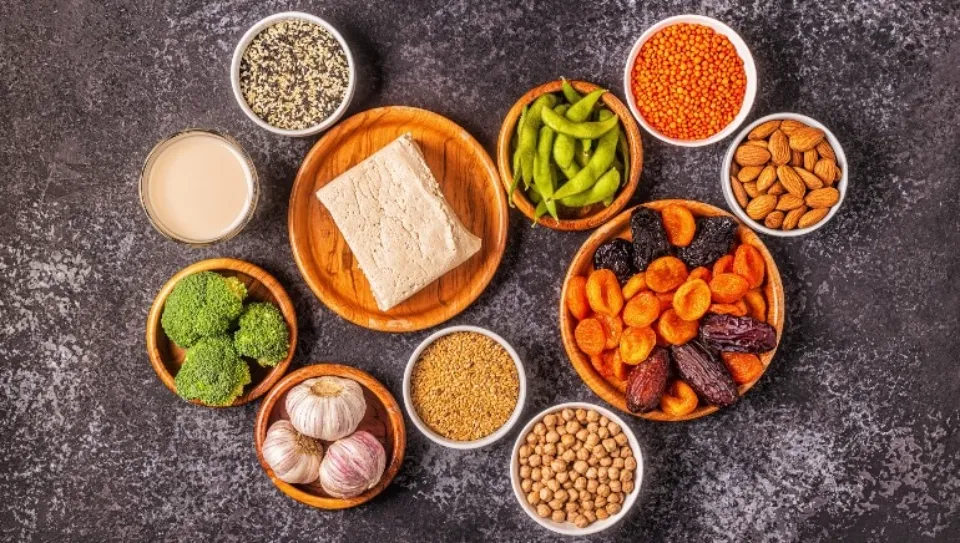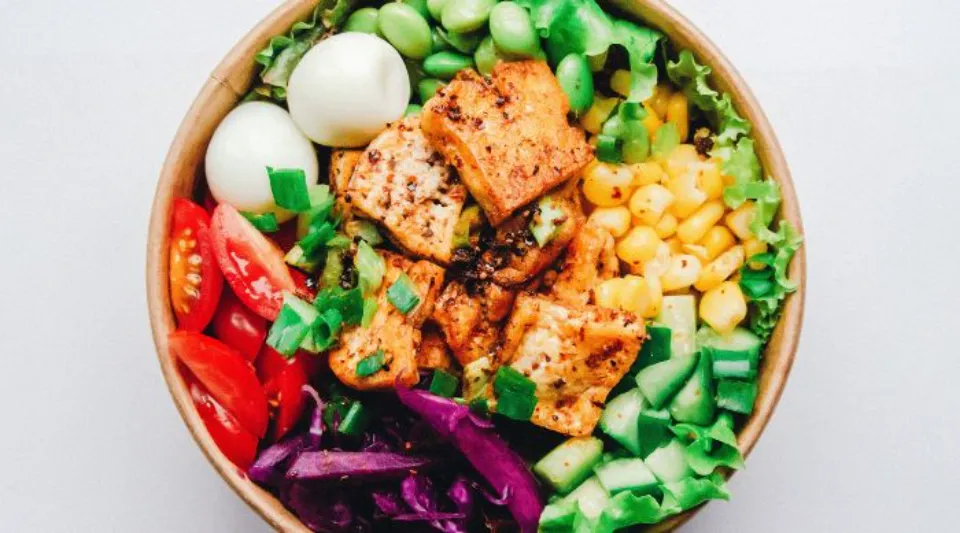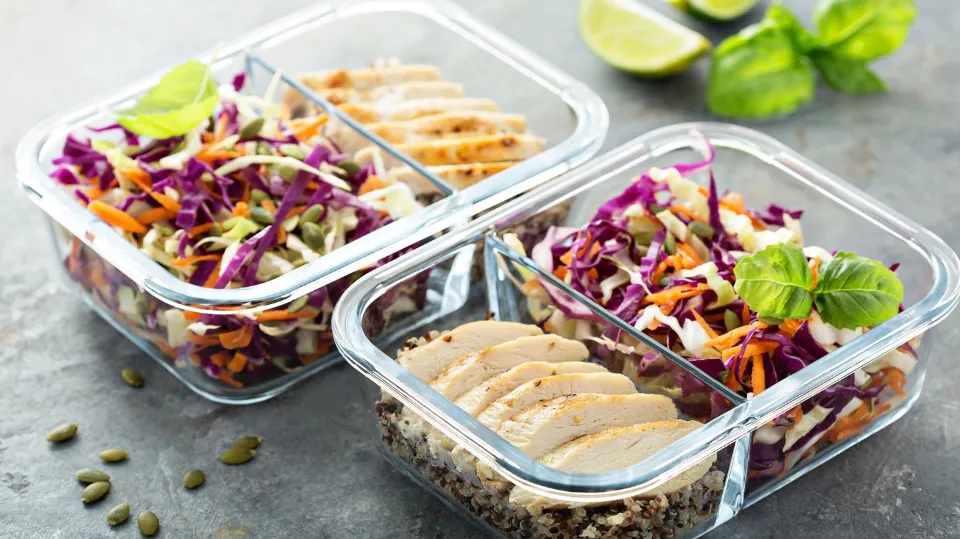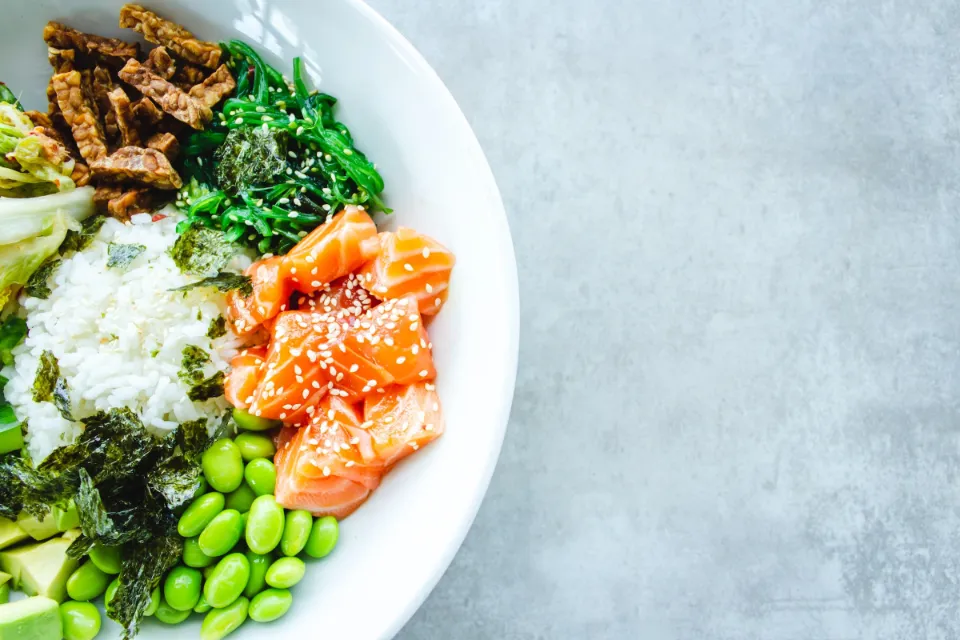
The Menopause Diet: 5-Day Plan to Lose Weight
Weight gain can be difficult during the menopausal transition, which involves significant change. We provide a customized 5-day diet plan in this article to assist with weight loss during menopause.
This program aims to support your weight loss objectives and advance your general well-being. It is jam-packed with wholesome meal suggestions, exercise advice, and lifestyle suggestions.
Come along on this life-changing journey with us if you’re prepared to adopt a healthier lifestyle and face menopause with confidence.
What is Menopause?

Depending on the woman you ask, menopause can be defined in a variety of ways. Most people refer to and define menopause as the time following their last period. However, perimenopause, as defined by WebMD, is the period that precedes your final menstrual cycle and can last up to four years.
Your body produces less estrogen and progesterone following menopause. Estrogen and progesterone levels do, however, change significantly during perimenopause.
Hot flashes, irregular menstrual cycles, and trouble sleeping are all signs of menopause. You might start noticing that you are gaining weight at this point. Let’s first examine the connection between menopause and weight gain in order to better understand the best diet for menopause.
Read More: Why Am I Not Losing Weight on Saxenda
Why Do Women Gain Weight During Menopause?
Women during menopause tend to gain 5% to 8% of their pre-menopausal body weight, according to data from the University of Washington Medical Center. There isn’t a single person I know who enjoys gaining up to 8% of their body weight.
No woman has to accept weight gain as a side effect of menopause. However, most assume that it’s inevitable because they haven’t been shown the right way to eat to counteract the “thickening” effects of this big change!

Women are more likely to gain weight around the hips, thighs, and abdomen as a result of menopause’s hormonal changes. Suddenly feeling as though your metabolism has slowed down is not a result of your imagination.
Additionally, we are aware that muscle mass usually declines around menopause. Lean muscle burns more calories than fat, so losing it can be devastating. Because we lose our strength and balance due to muscle loss, we become more prone to injuries.
Yes, hormonal changes do affect how our body turns food into fat. But there may also be some lifestyle elements at play, especially those that start to manifest around menopause. Many women are discouraged from exercising due to mood and energy swings.
They may also find themselves “comfort snacking” in response to the changes they are experiencing. The inability to sleep that frequently accompanies menopause can also make you feel like snacking. Sleep habits have an impact on the hormone ghrelin, which regulates appetite.
Contrary to popular belief, adults who get at least seven hours a night of sleep have higher ghrelin levels, more hunger, and a lower sense of fullness.

If you’ve found yourself overindulging while navigating the menopause whirlwind, trust me when I say that you won’t face any criticism from me. However, I want to remind you that changing your diet can help you feel different in a lot of ways. Of course, it’s possible that the only reason you’re gaining weight is that your hormones are altering how your body processes fat.
Read More: If I Lose Weight, Will My Buffalo Hump Go Away
How to Lose Weight During Menopause
During menopause, there are a number of simple weight-loss strategies. You can successfully manage your weight by implementing modest, long-lasting changes to your diet and way of life.
The most important step is to adopt healthy eating habits. Eat more of:
- Fresh vegetables and fruits,
- Leafy greens,
- Beans and legumes,
- Fish rich in omega-3 (anchovy, mackerel, salmon, sardines…),
- Raw nuts (hazelnuts, almonds, walnuts, cashews, peanuts),
- Seeds (flaxseed, chia, sunflower seeds, pumpkin seeds, sesame, black sesame), and
- herbal teas (yarrow, anise, fennel, linden, green tea, and thyme).
Limit your alcohol consumption and eliminate refined carbs and fast food. These small changes can help you stabilize your blood sugar levels and reduce inflammation, both of which can contribute to weight gain. To have better digestion and detox your body, increase your daily water consumption by up to 2 liters (67 US fl oz) a day.
You can also give intermittent fasting a try to have a weight loss boost by only managing the hours you eat. Get Fasting Kompanion to get a tailored fasting plan for you. Bear in mind that you can adapt intermittent fasting to any diet you want.

Additionally, regular exercise can help boost your metabolism, burn calories, reduce stress, and improve your overall health.
It’s crucial to keep in mind that while weight loss may not be as quick or simple as it once was, it is still possible to achieve and maintain a healthy weight at this stage of life with patience and perseverance.
How to Steer Clear of Weight Gain During Menopause
The simple truth is that you have to be willing to make changes if you want to glide through menopause without “losing yourself.” To do that, substantial lifestyle adjustments are required. I am aware that changing your eating habits just because your body has decided to play what may seem like a cruel practical joke on your metabolism may seem unfair.
However, the secret is that being “forced” into eating better may actually be the best thing that happens to you. Although the main goal of my Menopause Diet 5 Day Plan to Lose Weight is to prevent weight gain associated with menopause, the changes that are made can actually position you for a healthier, more youthful body as the aging process advances.
The next stage of life will be lived with more energy, a better appearance, and activity. By the time you notice the modifications, I’m willing to bet you’ll be grateful that menopause made you pay attention to your eating patterns.
Healthy Nutrition
Eating the right amounts of the right foods can set your body up to burn fat, build lean muscle, and get a lean, streamlined look that resembles what your body looked like during what you might call your “peak.” Knowing what to eat and what to avoid while going through menopause are both crucial. My best piece of advice is to always have a plan before you start. I’ll tell you why.
The same thing, a lack of a plan, consistently sabotages attempts to lose weight. Life happens. We end up grabbing for whatever is available because we simply need to “get through” meal time to get to the next thing in our day.
For this reason, despite having the best of intentions, a lot of women end up turning to fast food, takeout, vending machines, or the snack drawer when they need to refuel. This strategy of eating with your back against the wall guarantees that you never get the proper balance of protein, fat, carbs, and micronutrients in addition to producing empty calories.

Nothing is more crucial than organizing your meals at least a week in advance. By doing this, you can prevent yourself from caving in under pressure. It also takes away the excuse of being “too busy” to eat healthy that so many of us fall back on.
To Sum Up
A time of natural transition is the menopause. You can use our advice to help you adjust more quickly to this time period rather than hating it and everything it brings. Don’t put too much pressure on yourself if you’re struggling with weight-related issues, and give your body some time to get used to this new stage of life.
The diet that is most feasible for you during menopause is the best one for you. In addition, make sure you exercise, eat a healthy diet, and remember to smile.





Average Rating